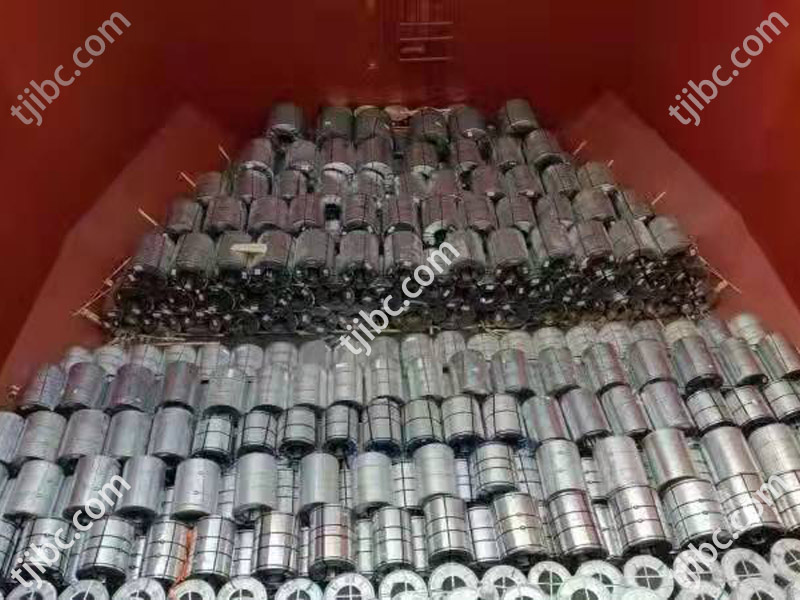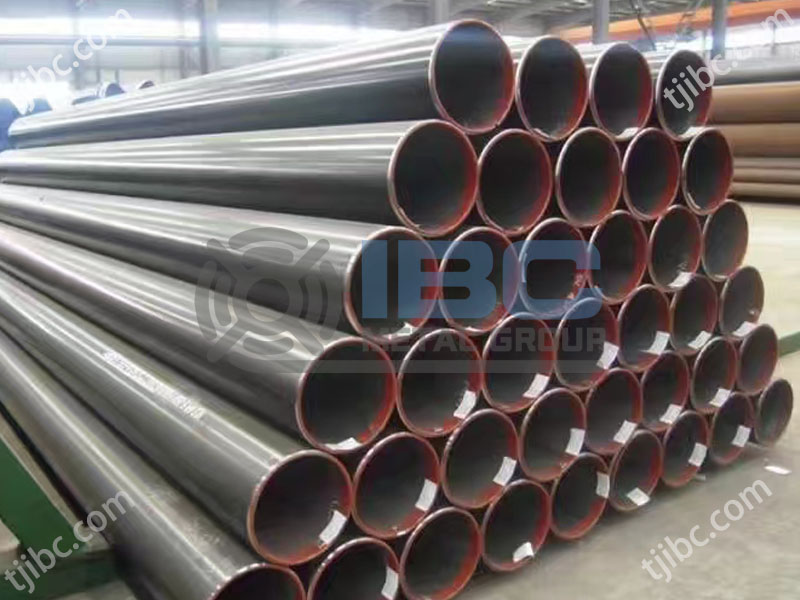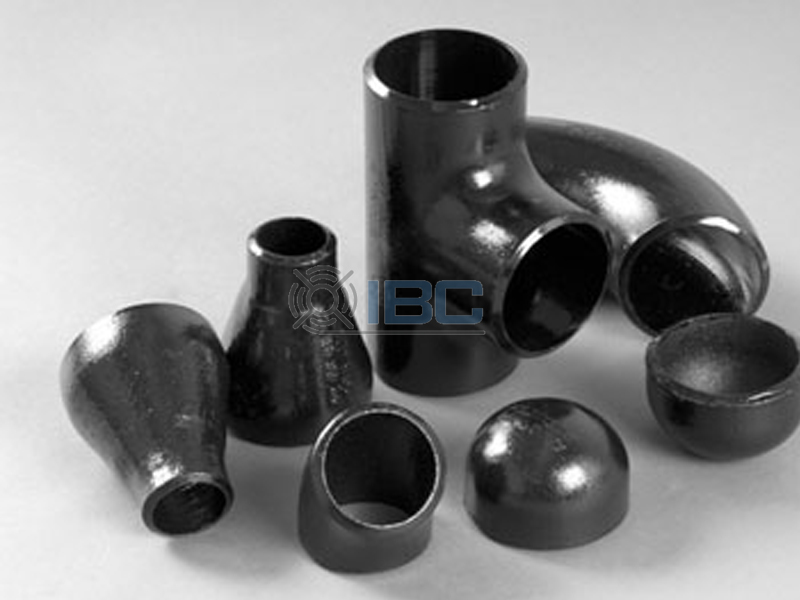Pipe sleeve, as the name suggests, is a protective kit that goes over the outside of a pipe. Its main function is to protect the pipeline from external environmental damage, such as mechanical damage, corrosion, ultraviolet radiation, etc. Thereby extending the service life of the pipeline. It is usually made of durable materials, such as metal, plastic or rubber, which are resistant to various adverse environmental factors.
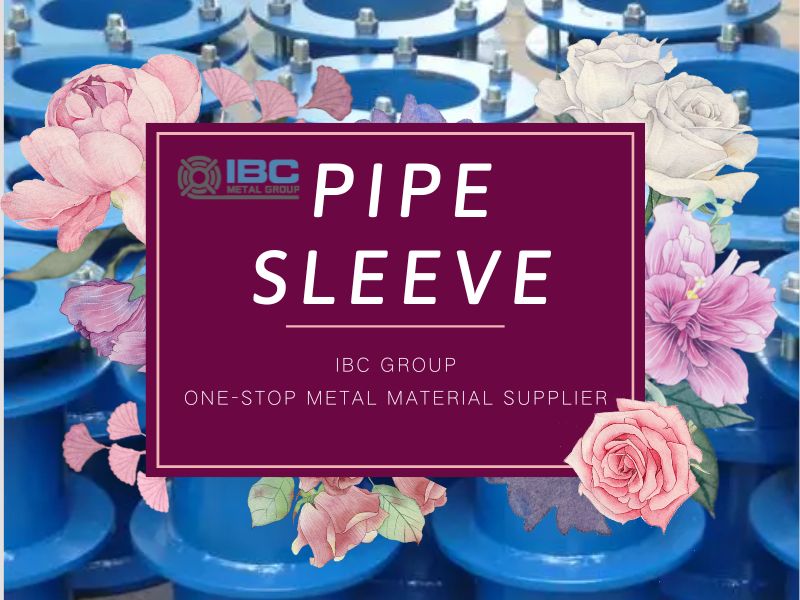
Performance Profile
1. Protective performance: It can effectively protect the pipeline from external physical and chemical damage and prevent the pipeline from being worn, corroded or deformed.
2. Weather resistance: This material usually has good weather resistance, can maintain stable performance under various climatic conditions, and is not easy to aging or deformation.
3. Flexibility: Some products have a certain flexibility and elasticity, can adapt to the bending and deformation of the pipeline, to ensure good protection effect.
4. Easy installation: It is usually designed with installation convenience in mind and can be quickly and easily installed on the pipeline.
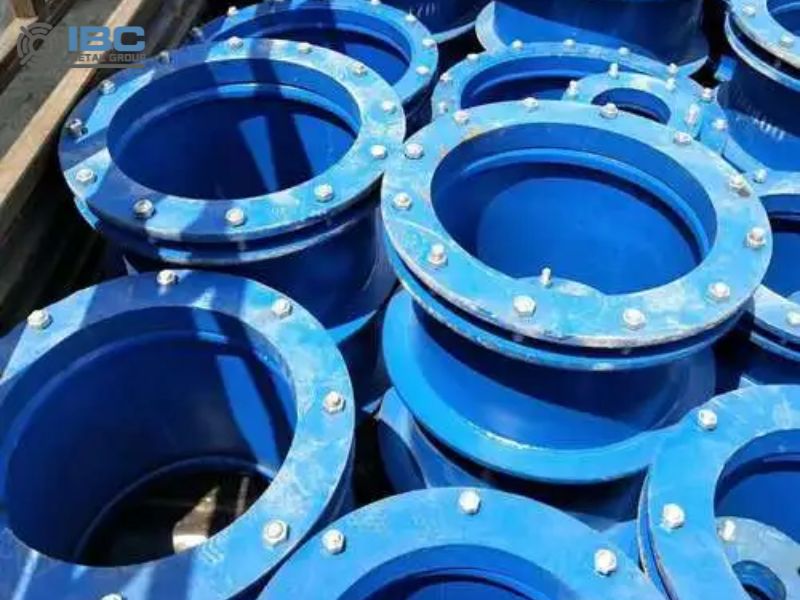
Production Process
1. Material preparation: Select the right material according to the requirements and specifications, such as metal, plastic or rubber.
2. Mold design: Design a suitable mold according to the size and shape of the pipeline.
3. Molding processing: The use of molds for molding processing, such as injection molding, extrusion or die casting, so that the material forms the shape of the pipe sleeve.
4. Post-processing: Necessary post-processing of the formed product, such as trimming, grinding, spraying, etc., to improve its appearance quality and performance.
5. Quality inspection: Quality inspection of finished products to ensure that they meet specifications and requirements.
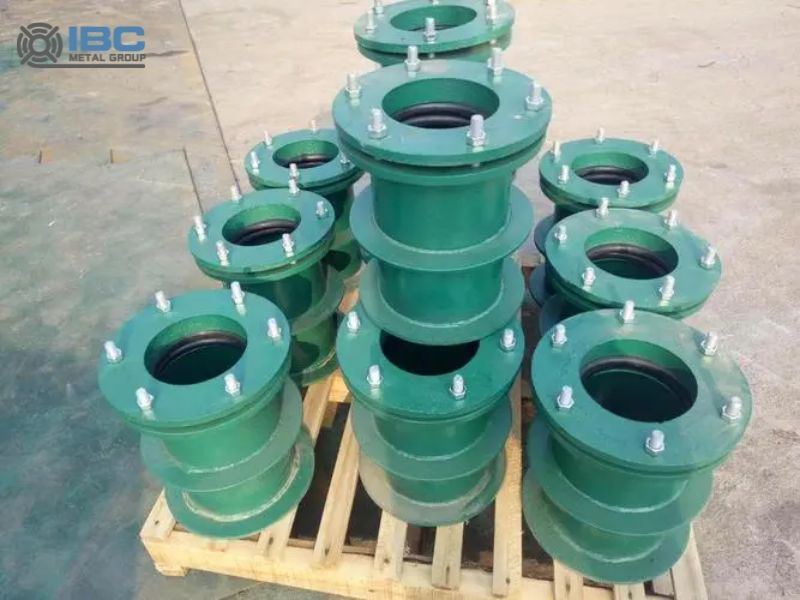
Applications of Pipe Sleeve
1. Construction industry: used to protect the water supply and drainage pipes and electrical lines inside the building to ensure their normal operation and extend their service life.
2. Chemical industry: used to protect chemical pipelines from corrosion of chemical substances, improve the safety and reliability of pipelines.
3. Automotive industry: For the protection of wiring harnesses and pipes inside automobiles, reducing vibration and friction and improving the stability and comfort of automobiles.
4. Energy industry: Used to protect oil, natural gas and other energy transmission pipelines, prevent external environmental violations, and ensure the safe transmission of energy.
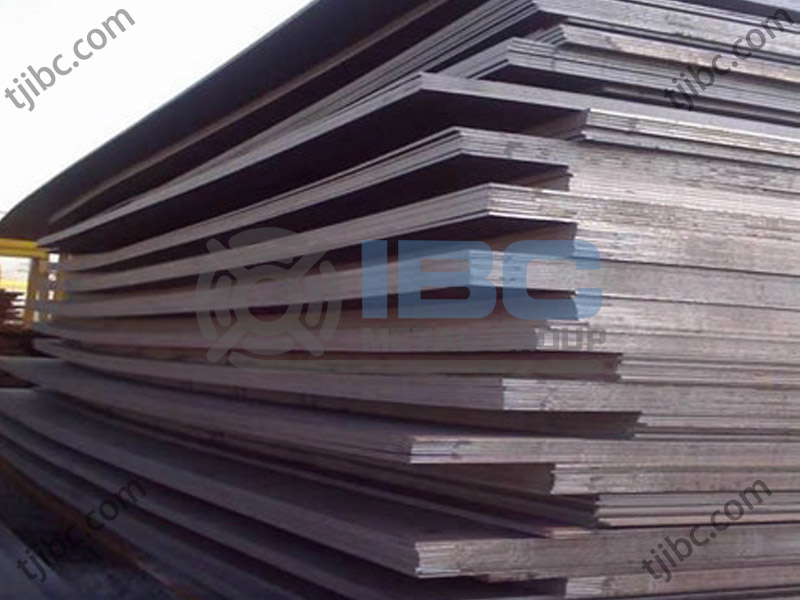
Contact with us today!

